Marketing Trends in 2023: A Year of Transformation
The field of marketing is continually evolving, shaped by advancements in technology, shifts in consumer behaviour, and changing business landscapes. In 2023, the marketing landscape experienced significant transformations that reshaped strategies and approaches. Here's a brief overview of what happened in marketing in 2023.
Rise of Metaverse Marketing:
The concept of the metaverse, a virtual universe where users can interact and engage with digital environments, gained significant attention in 2023. Marketers began exploring ways to establish a presence in these digital realms, creating virtual storefronts, hosting events, and even offering immersive product experiences.
AI-Powered Personalization:
Artificial intelligence (AI) continued to be a driving force in marketing. AI-powered personalization became more sophisticated, allowing brands to deliver highly tailored content and product recommendations to consumers. This level of personalization increased customer engagement and conversions.
Sustainability and ESG Marketing:
Consumers' growing concern for the environment led to a surge in sustainability and Environmental, Social, and Governance (ESG) marketing. Brands that embraced eco-friendly practices and showcased their commitment to social responsibility saw increased brand loyalty and positive consumer perception.
NFT Marketing:
Non-fungible tokens (NFTs) became a marketing tool in their own right. Brands and artists began using NFTs for promotional purposes, offering exclusive digital collectibles and experiences as part of their marketing campaigns.
Voice Search Optimization:
Voice search continued to grow in popularity, prompting marketers to optimize their content for voice-based queries. This required a focus on natural language, conversational content, and local SEO strategies.
The Decline of Cookies:
2023 marked a significant shift in online advertising with the continued phasing out of third-party cookies. This forced marketers to adopt alternative methods for tracking user behavior and delivering targeted ads, such as contextual advertising and first-party data strategies.
Virtual and Augmented Reality Marketing:
Virtual reality (VR) and augmented reality (AR) marketing experiences became more accessible and immersive. Brands used VR and AR to offer virtual try-on experiences, virtual tours, and interactive product demos, enhancing the customer's engagement.
Inclusivity and Diversity Marketing:
Brands increasingly recognized the importance of inclusivity and diversity in their marketing campaigns. They strived to represent a broader range of voices and cultures in their advertising, reflecting the diversity of their customer base.
Content Evolution:
The format and distribution of content continued to evolve. Short-form video content, live streaming, and interactive content formats gained popularity. Brands focused on creating content that engaged audiences across various platforms.
Data Privacy Regulations:
Stricter data privacy regulations and consumer data protection measures came into play, impacting how businesses collect, store, and use customer data. Marketers had to adapt to these regulations while maintaining personalized marketing efforts.
The year 2023 witnessed a dynamic shift in marketing strategies and practices. From embracing the metaverse to navigating evolving data privacy regulations, marketers had to adapt to new challenges and opportunities. The marketing landscape continues to evolve, driven by technology and consumer expectations, making adaptability and innovation key to staying relevant in the ever-changing world of marketing.
